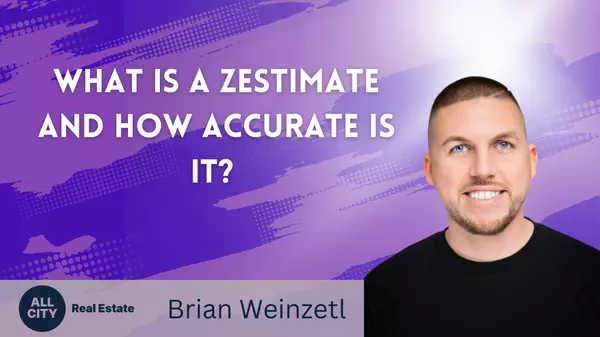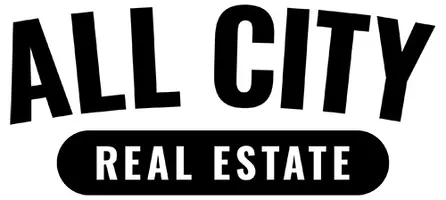
When Can I Sell or Rent Out My Home?
Buying a home is an exciting and rewarding experience, but it is also complex and full of decisions. One of the most important questions to consider before making a purchase is whether you are planning to stay in your new home for a long time, or if you may be selling it or renting it out soon afte

What to Bring to the Closing Table
Closing Day Preparation: What to Bring to the Closing Table Congratulations! You have reached the final step of the home buying or selling process. However, before you can officially close on your new house, there are a few things you will need to bring with you to the closing table. This blog

What is a Zestimate and How Accurate Is It?
What is a Zestimate and How Accurate Is It? Chances are you've heard of Zillow's Zestimate, the online tool that provides an estimate of your home's value. But what exactly is a zestimate and how reliable is it? Let's take a look at what zestimates are, how they're calculated, and how accurate the
Categories
Recent Posts










